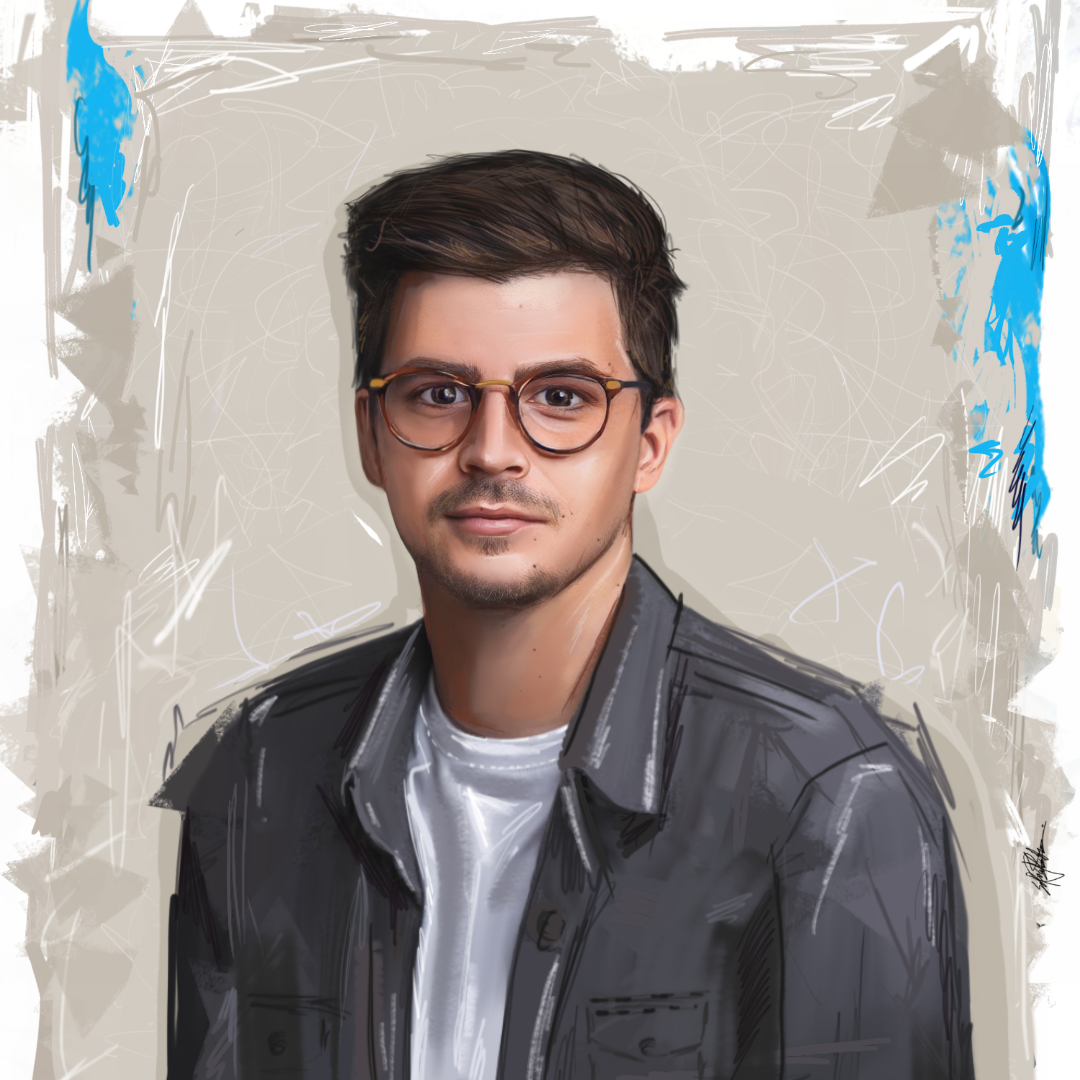Register to continue reading for free
Alex Marquoin from CETIA talks about Re_Shoes, a closed-loop recycling solution

We spoke with Alex Marquoin, the Head of R&D at CETIA, a French-based innovative platform working on solutions to transform textile and leather articles into materials ready for recycling. Read all about their Re_Shoes solution for dismantling shoes
After concluding his studies (he graduated from ESTIA - Ecole Supérieure des Technologies Industrielles Avancées - in 2020 as a robotics engineer and completed a double degree in robotics and automation at the University of Salford), Alex Marquoin did an internship at CETIA*, whose aim is to “develop solutions for the recyclability of textiles on the pre-processing phase, that is, after the collection and the sorting, and before the recycling. We want to create materials ready to be recycled”, developing “the equipment and the machines”.
There, Alex works to develop solutions to reduce the negative environmental impact caused by the industry. But he has always been interested in sustainability. Based near the southwest coast in the Nouvelle-Aquitaine region, he has a strong awareness of his surroundings: “We’re in nature: we have the ocean, the mountains, everything. We immediately see the impacts of climate change, so I think it’s important to work in that direction”.
However, stepping into the world of footwear is quite different from textiles. Three years ago, he began by conceptualizing the issue of dismantling a shoe, but soon realised that “it’s not possible to do everything at once” because there are so many materials in the shoes, especially in the upper. So, he decided to start by separating the sole from the upper, developing a first prototype for disassembly. That’s how RE_SHOES was born.
Re_Shoes
Led by CETIA, Re_Shoes is a project developed in collaboration with seven partners, namely, Decathlon, Zalando, the dismantling workshop L'Atelier des Matières and Revalorem, Groupe ERAM, the eco-organisation Re_Rashion, and a luxury goods player. In the form of an automated shoe dismantling demonstrator, this innovative solution makes it possible to “separate soles from upper parts and sorts them by composition”. Then, the materials are returned to the partners who recycle as they see fit: “The dismantling process is the same, but the process of recycling parts is different for each”.“We have been recycling textiles for the last 10 years, but for footwear is only the beginning”, he points out. Currently, “the brands are really involved in this dismantling process because, in the end, they want to have materials that can be reused in a closed-loop”. “That’s why I think they’re now dedicated to helping us and to helping innovation move on to the next stage”. Also, “we realise that perhaps not all types of shoes can be dismantled by our solution, so we need others. Some brands want to invest in closed-loop recycling, but others don't, so we have to come up with other solutions”.
Next Step
Although CETIA is only responsible for developing equipment and machines, “I think the next step is to go to an industrial scale”. “And organise everything. At the moment, we don’t know who will take care of the pre-processing phase or sorting phase, for example. For recycling, it’s quite obvious, there are many companies doing it. But before… We need to organise our industry to find a good plan to do everything”, sums up Alex.Collaboration
When asked to look back on the latest UITIC Congress, Alex recalled it as “a good time to exchange views with everyone”, as “there are lots of interesting solutions” across the industry that could enable us to create a global competitive shoe recycling industry, he argued.*CETIA is an innovation platform dedicated to the recyclability of textile and leather articles. CETIA develops solutions to transform textile and leather articles into sources of material ready for recycling, by leveraging automation, robotics and artificial intelligence.
Image Credits: Art by Sofia Pádua


